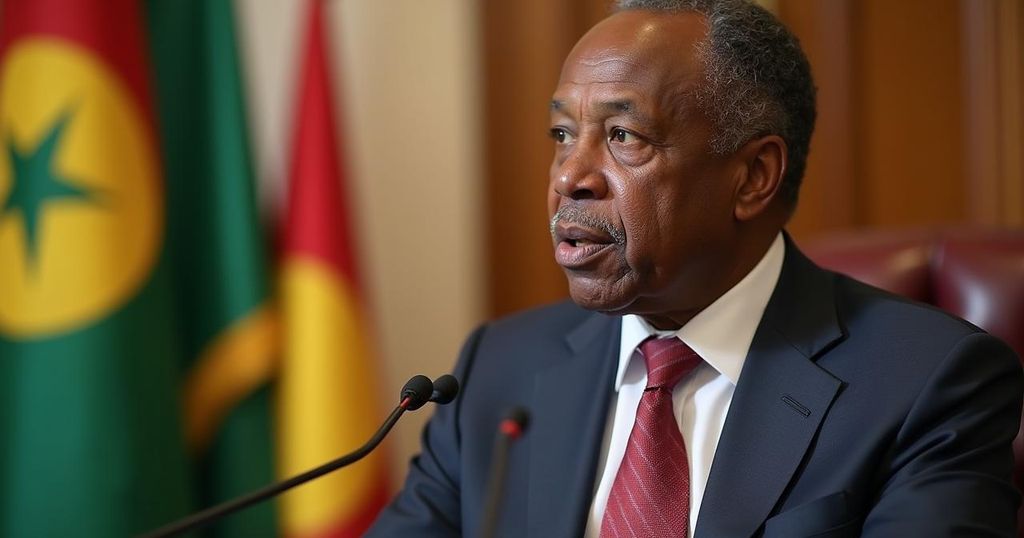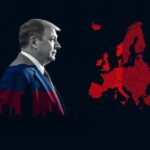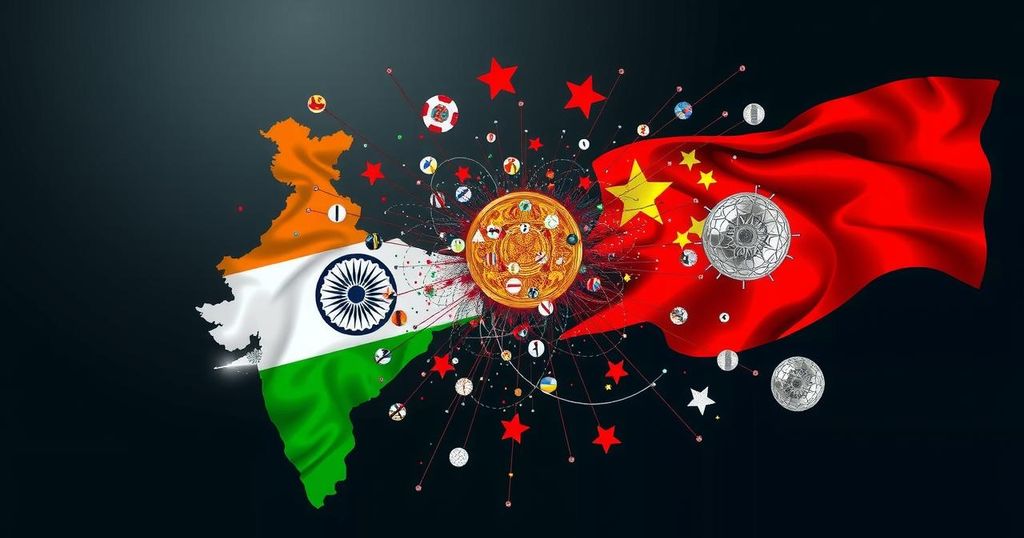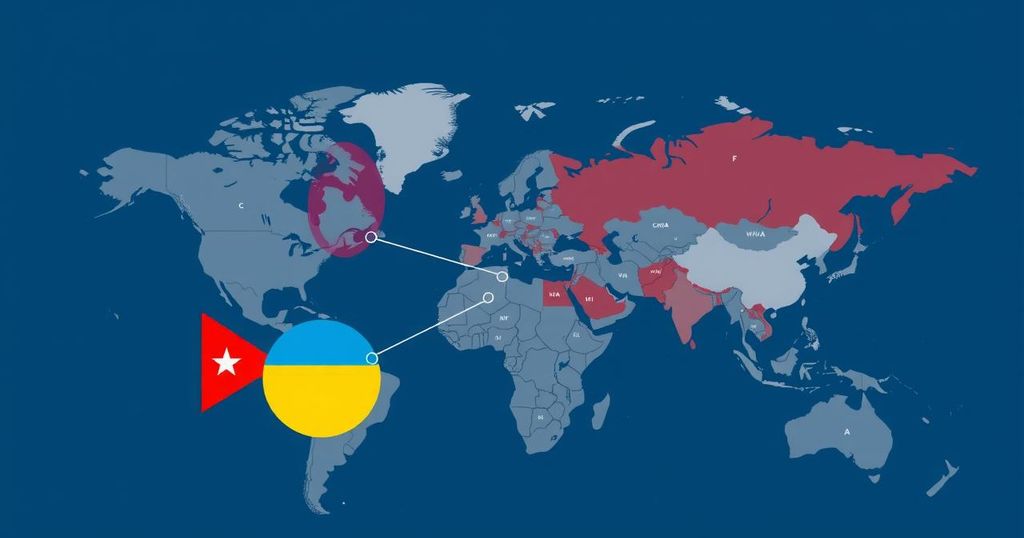Cameroon Imposes Ban on Media Discussion of President Biya’s Health
Cameroon has enacted a ban on media discussions regarding the health of President Paul Biya, who has not been seen in public since early September. This directive, classified as a matter of national security, has provoked criticism and concerns about state censorship. Government sources claim that Biya is in good health and will return soon, but the lack of transparency has raised alarms about political stability in light of Biya’s long tenure and advanced age.
In a significant move, Cameroonian authorities have prohibited the media from discussing the health of President Paul Biya, who is currently 91 years old and has been absent from public events since early September. The Interior Minister, Paul Atanga Nji, communicated this ban through a letter dated October 9, emphasizing that discourse surrounding the president’s health has become a matter of national security. He also announced the establishment of “monitoring cells” tasked with surveilling online discourse related to the president’s condition. The letter, marked as “highly urgent,” warned that any violation of this directive would result in stringent legal consequences. President Biya last appeared publicly during the China-Africa summit in Beijing a month ago, after which he missed several significant international engagements, including the UN General Assembly and a summit of French-speaking countries. Government spokesperson Rene Sadi commented on the speculation regarding the president’s health, asserting that Biya had simply taken a private trip to Europe following his visit to China. Sadi categorically dismissed the circulating rumors as “pure fantasy” and assured the public of the president’s good health, stating that Biya would be returning to Cameroon shortly. This abrupt media ban has sparked criticism, being perceived as an infringement on press freedom and state censorship. Hycenth Chia, a journalist from Yaounde, articulated that the citizens of Cameroon are rightfully concerned about their elected leader’s condition, contrasting this with the open discussions about the health of leaders in other countries, such as the United States. Angela Quintal, head of the Committee to Protect Journalists’ Africa programme, voiced her concerns regarding the government’s actions, characterizing them as “outrageous” in light of the national significance of the issue. Furthermore, the lack of a clear succession plan raises apprehensions that President Biya’s potential demise could lead to political instability in the region, which has already experienced significant upheaval with eight coups since 2020. After over 41 years in power, Biya’s presidency is among the most enduring in Africa, second only to Teodoro Obiang Nguema Mbasogo of Equatorial Guinea, who has ruled for 45 years.
President Paul Biya has been the leader of Cameroon for more than four decades, making him one of the longest-serving heads of state globally. His presidency has often been marked by whispers of ill health, particularly in light of his advanced age. The current ban on discussions about his health emerges against a backdrop of rising tensions within the country and a volatile regional political landscape, where numerous countries have faced coups and attempts at regime changes since 2020. Given the uncertainty surrounding succession should anything happen to President Biya, the government’s suppression of media discourse reflects deeper concerns about stability in Cameroon and West Africa as a whole. The growing scrutiny and censorship towards topics related to leadership, especially given the president’s extensive absence from public view, have raised alarm among journalists and human rights advocates alike.
The Cameroonian government’s ban on discussing President Biya’s health underscores significant political sensitivities surrounding leadership in the country. The imposition of such a restriction has drawn criticism from journalists and watchdog organizations, highlighting the delicate balance between national security and press freedom. As President Biya remains out of public sight, concerns over his health continue to fuel speculation, further complicated by the absence of a succession plan amidst a history of political chaos in the region. The implications of such developments are profound, calling into question the stability of governance in Cameroon and beyond.
Original Source: www.aljazeera.com








Post Comment